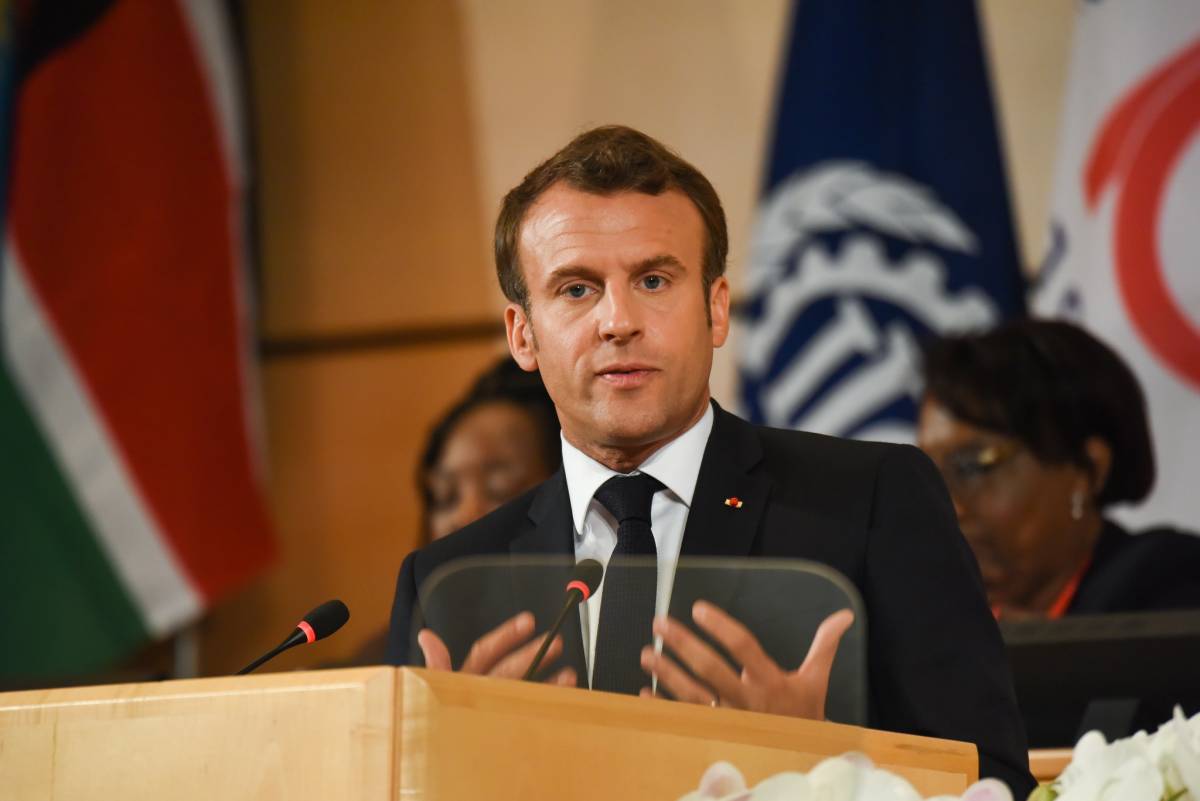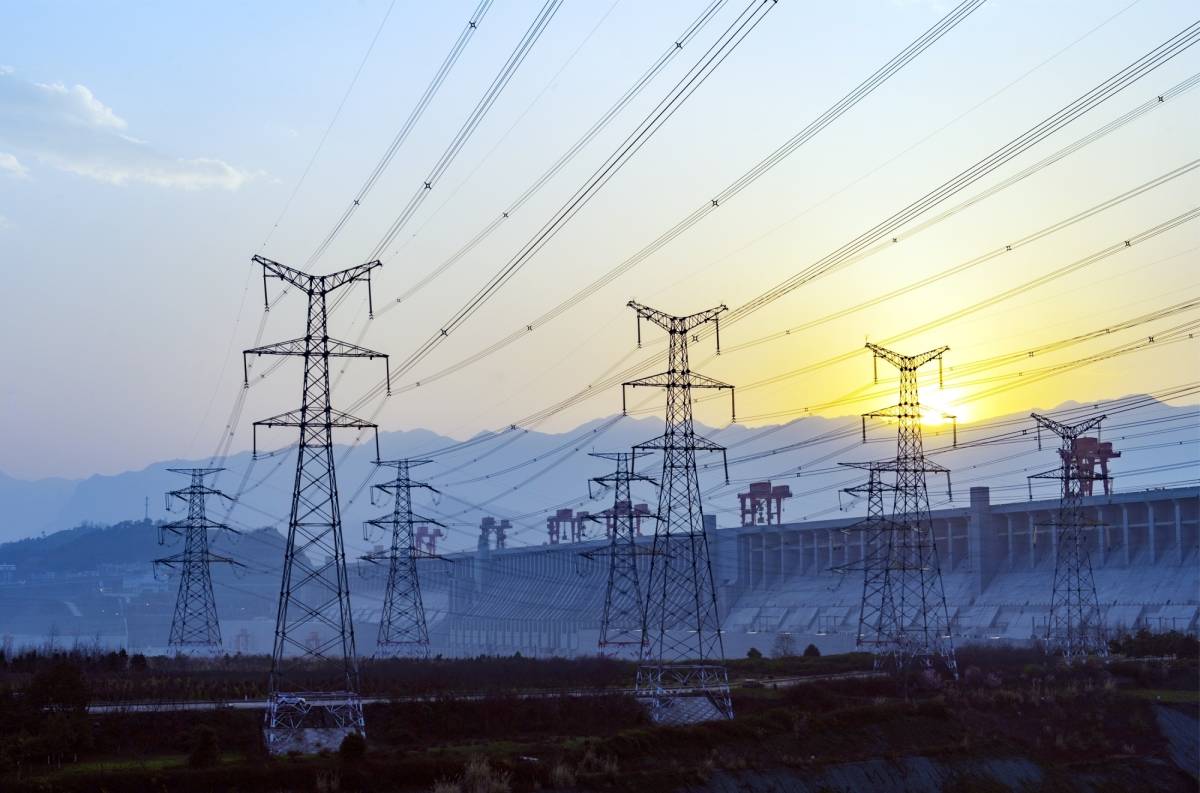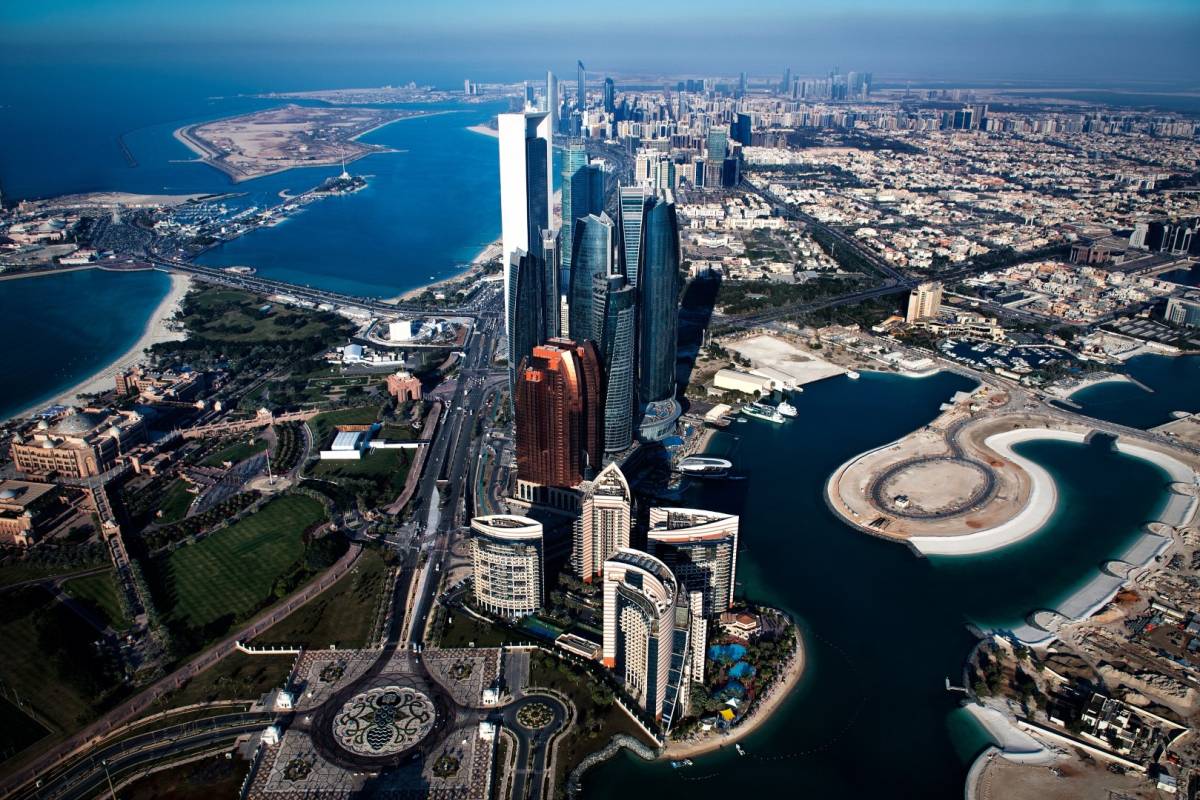Macron says his second term will be ‘new’ and not merely a continuation of the first…reports Asian Lite News
Emmanuel Macron has been sworn in for his second term as France’s president at a ceremony at the Elysee Palace, followed by the firing of canons at the Invalides Gardens.
In a country where presidents rarely get re-elected, Macron won 58.5 percent of the votes in the second round in April against the far-right’s Marine Le Pen, despite strong opposition to his pro-business policies and a proposal to raise the retirement age.
In a short speech on Saturday, he spoke of the need to innovate at a time of unprecedented challenges for the world and for France, and said his second term would be “new” and not merely a continuation of the first.
“We need to invent a new method together, far from tired traditions and routines, with which we can build a new productive, social and ecological contract,” he said, promising to act with “respect” and “consideration”.
Among the 500 guests present were former presidents Francois Hollande and Nicolas Sarkozy, former prime ministers Edouard Philippe, Manuel Valls, Alain Juppe and Jean-Pierre Raffarin, as well as religious leaders and other state figures.
Macron faces a daunting agenda of implementing the reforms he promised when he came to power as France’s youngest-ever president in 2017, as well as dealing with the Russian war in Ukraine.
He is also indicating a more inclusive and understanding style of ruling after his first term saw critics complain the former investment banker had abrasive and arrogant methods.
French journalist Pierre Haski said the inauguration was a relatively “humble” and low-key event.
“He has been trying to portray himself as a humble, new president for a second mandate, who will act on the crises [France is facing]; whether the war on Ukraine, the pandemic, climate change, and also the domestic social and democratic challenges he is facing,” he told Al Jazeera.
Haski said one of the biggest domestic challenges Macron will face is rising inflation amid the fallout of the war in Ukraine.
“This is a big challenge for a government that is both trying to support Ukraine and at the same time limit the damage and consequences of this crisis on the French population,” he said.
Macron’s inauguration marks the end of one electoral campaign and the opening of another – for legislative elections in June.
A newly united political left – a coalition formed between far-left La France Insoumise, the Parti Socialiste, the Greens and the Communist Party – is hoping to deprive Macron of a majority in parliament.
The right-wing Les Republicains was also due to hold a national council meeting on Saturday.
Macron will visit the European Parliament in Strasbourg for “Europe Day” on Monday.
Later in the week, for the first trip abroad since his inauguration, he heads to Berlin to meet German Chancellor Olaf Scholz.
Macron, 44, is the first president who does not belong to a coalition government to be re-elected since the formation of the Fifth Republic in 1958.
Macron’s new term formally begins on the evening of May 13. He is expected to name a new premier in place of incumbent Jean Castex to lead a revamped government.
Challenges before Macron
If Macron wants to consolidate his victory then firstly he needs to ensure that in the forthcoming parliamentary elections on June 12-19, his party La Republique en Marche (LaREM) and its allies secures a majority of 289 MPs in the 577-seat lower house.
Secondly, Macron needs to control inflation and rising prices of gas and electricity. He would also have to introduce measures and greater support for the low-paid and self-employed, besides implementing the pension reforms he failed to implement in his first mandate, raising the retirement age progressively to 65 by 2031.
At the international level he’ll have to secure the EU’s external borders and controlling clandestine migration, developing a European economic “growth model” based on hi-tech investment, in the remaining two months of France’s six-month presidency of the EU. Macron’s wish to be an outspoken defender of western values with a clear desire to shape world events may consolidate further during these two months.
Most importantly he’ll have to reconnect with the French voters, particularly the young and rural voters. About two-thirds of the electorate did not voted for him. The Guardian in its editorial opines that Macron has acknowledged this and he must prioritise rebuilding ties with those who stayed away, or lent him their vote solely to block Le Pen. He has promised to listen and consult more. He will have to.
In fact during the last five years, the disenchantment of the younger population increased and was successfully exploited at both ends of the political discourse, by Melenchon on the Left and Le Pen and Zemmour on the Right.
To set things right for both France and himself, Macron will have to work hard to win back this disgruntled constituent and also the absentees. This coupled with demands to change the presidential role as fashioned by General Charles de Gaulle have long pointed to fundamental defects in France’s Fifth Republic, and there have been demands for a changed system of governance, Macron will have to tackle that too prudentially.
ALSO READ-Modi meets Macron









